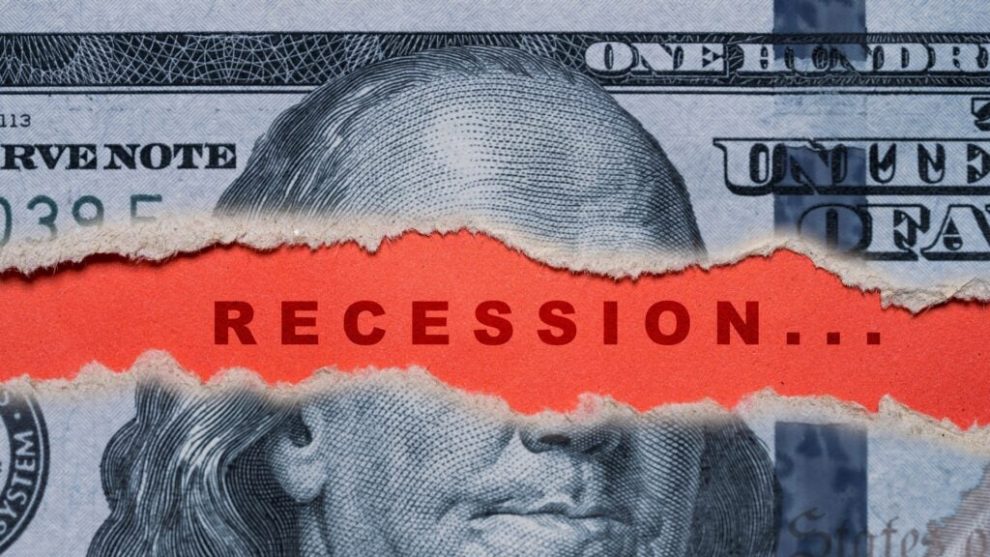Google searches for the phrase “Are we in a recession” have soared to their second-highest level in recorded history, reflecting deepening public anxiety about the U.S. economy.
The trend, highlighted in a recent post on X by Barchart, signals growing concern among Americans, even as official economic indicators offer a mixed picture.
This surge in search interest underscores a broader sense of economic unease fueled by volatile stock markets, persistent inflation, and increasing uncertainty around jobs and housing.
Also Read: In A Recession, These Waste Management Stocks Have Outperformed S&P500 Historically
On May 2, 2025, Reuters reported that U.S. job growth likely slowed in April, with economic uncertainty exacerbated by President Donald Trump’s aggressive tariff policy.
Though companies continue to hold onto workers, the latest jobs report may provide limited insight into current conditions, especially following a GDP contraction in the first quarter.
Meanwhile, the housing market has become another major source of public anxiety.
Mortgage rates, which peaked at 7.04% in January 2025, have retreated slightly but remain high. According to Forbes, April saw the average 30-year fixed mortgage rate rise by 17 basis points to 6.81%, per Freddie Mac data.
Combined with elevated home prices, these trends have made housing less affordable and spurred more online searches around mortgage costs and real estate trends.
Inflation has further strained household budgets, eroding purchasing power. “Consumer confidence declined for a fifth consecutive month in April, falling to levels not seen since the onset of the COVID pandemic,” said Stephanie Guichard, Senior Economist, Global Indicators at The Conference Board on April 29. The Expectations Index fell 12.5 points to 54.4 — its lowest since October 2011 — and is far below the 80 mark that often signals a coming recession.
The Federal Reserve Bank of New York’s April 2025 Survey of Consumer Expectations painted a similarly gloomy picture.
The survey showed that while short-term inflation expectations remained unchanged, medium-term expectations increased, and long-term ones declined.
At the same time, labor market outlooks worsened—households anticipated slower wage growth and a lower likelihood of finding new employment.
Expectations for income growth over the next year also declined, and perceptions of both current and future financial well-being dropped sharply.
The dramatic rise in recession-related search activity offers a revealing lens into the American psyche—one marked by caution and growing distress.
Though official economic data has yet to confirm a recession, the nation’s search behavior paints a more immediate and emotional picture: one of uncertainty, financial pressure, and a deep concern about what lies ahead.
Read Next:
Image: Shutterstock







Add Comment